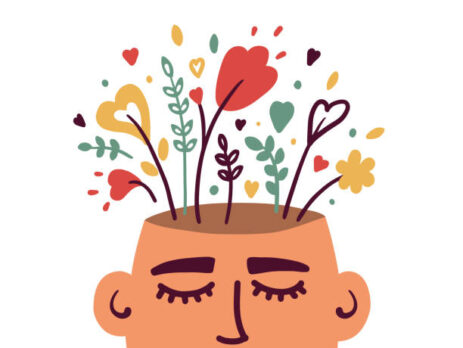Volunteering not only benefits the recipients of one’s time and effort but also has a profound impact on the mental well-being of the volunteers themselves. Engaging in acts of service and contributing to the betterment of others can significantly improve mental health by fostering a sense of purpose, connection, and personal fulfillment.
1. Sense of Purpose and Meaning:
Volunteering provides individuals with a sense of purpose and meaning in their lives. By dedicating their time and skills to a cause they care about, volunteers often experience a renewed sense of direction and focus. This sense of purpose can counter feelings of emptiness or dissatisfaction, ultimately leading to improved mental well-being.
2. Reduced Stress and Anxiety:
Engaging in volunteer work has been shown to reduce stress and anxiety levels. When individuals volunteer, they shift their attention away from their own worries and concerns, immersing themselves in meaningful activities that benefit others. This shift in focus can help alleviate stress, providing a temporary respite from personal troubles and promoting a more balanced perspective.
3. Increased Social Connections:
Volunteering offers ample opportunities for social interaction and the development of new relationships. Human beings are inherently social creatures, and cultivating strong social connections is vital for mental health. Volunteering exposes individuals to diverse groups of people who share common values and interests, fostering a sense of belonging and combating feelings of isolation or loneliness.
4. Boosted Self-esteem and Confidence:
Volunteering allows individuals to contribute their skills and talents to make a positive impact. When volunteers witness the difference they can make in the lives of others, it often leads to an enhanced sense of self-worth, self-esteem, and self-confidence. These feelings of accomplishment can counteract negative self-perceptions and help individuals develop a more positive and resilient mindset.
5. Enhanced Emotional Well-being:
Volunteering has been linked to increased levels of happiness and overall emotional well-being. Engaging in altruistic acts triggers the release of endorphins, neurotransmitters that promote feelings of joy and satisfaction. Moreover, witnessing the gratitude and appreciation of those benefiting from one’s efforts can evoke feelings of fulfillment and contentment.
6. Personal Growth and Learning:
Volunteering provides opportunities for personal growth and learning. Volunteers often acquire new skills, gain valuable experience, and expand their knowledge in various areas. This continuous learning process can contribute to personal development, boosting self-confidence and promoting a sense of personal achievement, which in turn positively impacts mental health.
Volunteering is a powerful tool for improving mental health, benefiting both the volunteers and the communities they serve. By fostering a sense of purpose, reducing stress, facilitating social connections, boosting self-esteem, and promoting personal growth, volunteering creates a positive ripple effect on mental well-being. Engaging in acts of service offers individuals the opportunity to find fulfillment, create meaningful connections, and experience the transformative power of giving. In a world where mental health challenges are prevalent, volunteering emerges as an accessible and impactful pathway to nurturing and enhancing our overall well-being.

